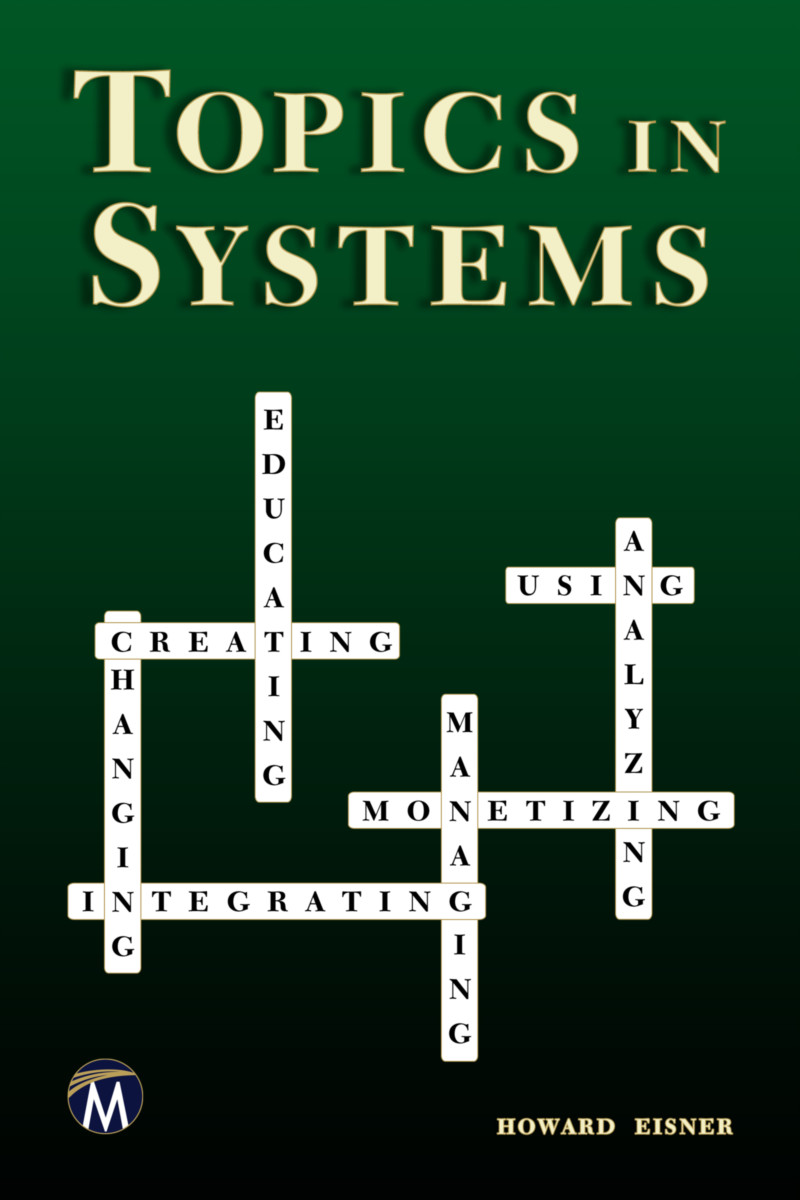Topics in Systems
- Publisher
Mercury Learning and Information - Published
30th September 2012 - ISBN 9781936420247
- Language English
- Pages 250 pp.
- Size 6" x 9"
- Request Exam Copy
Library E-Books
We are signed up with aggregators who resell networkable e-book editions of our titles to academic libraries. These editions, priced at par with simultaneous hardcover editions of our titles, are not available direct from Stylus.
These aggregators offer a variety of plans to libraries, such as simultaneous access by multiple library patrons, and access to portions of titles at a fraction of list price under what is commonly referred to as a "patron-driven demand" model.
- Publisher
Mercury Learning and Information - Published
4th September 2012 - ISBN 9781938549519
- Language English
- Pages 250 pp.
- Size 6" x 9"
E-books are now distributed via VitalSource
VitalSource offer a more seamless way to access the ebook, and add some great new features including text-to-voice. You own your ebook for life, it is simply hosted on the vendor website, working much like Kindle and Nook. Click here to see more detailed information on this process.
- Publisher
Mercury Learning and Information - Published
4th September 2012 - ISBN 9781938549526
- Language English
- Pages 250 pp.
- Size 6" x 9"
- Request E-Exam Copy
This book looks at many types of systems from various points of view, dealing with such topics as: how they are created, their features, how they serve us, the roles of the human, the systems approach, systems thinking, how we can maximize the benefits they provide, how to repair them, and how we are able to use them to solve our problems and improve our overall quality of life. This book is designed for engineers as well as all readers that are interested in the systems around them and their roles with respect to these systems. It is a broad-stroke overview of system level concepts and how they connect to one another. It includes fundamental notions related to types of systems, their attributes, their architectures, and their performance. It is hoped that this exploration of various kinds of systems will provide some insights that increase the help we get from the systems we build, and also reduce the number of systems that are not working for us.
1) Introduction
2) Systems
3) Engineering
4) Systems Engineering
5) Systems Analysis
6) Educating
7) Entrepreneuring
8) The Human Element
9) Changing and Fixing Systems
10) Business as a System
11) Slippages in Systems
12) Managing Systems
13) Integrating Systems
14) Commentary and Heuristics
15) Recapitulation
Appendix: Systems Thinkers
Howard Eisner
Howard Eisner has served as Distinguished Research Professor in the School of Engineering and Applied Science at The George Washington University (GWU) since 1989. Prior to that time he spent 30 years in industry where he was a researcher, manager and executive, serving as president of two systems engineering companies. He has written five books that relate to systems and engineering. In 1994, he received the GWU Engineering Alumni Award for Outstanding Achievement.


